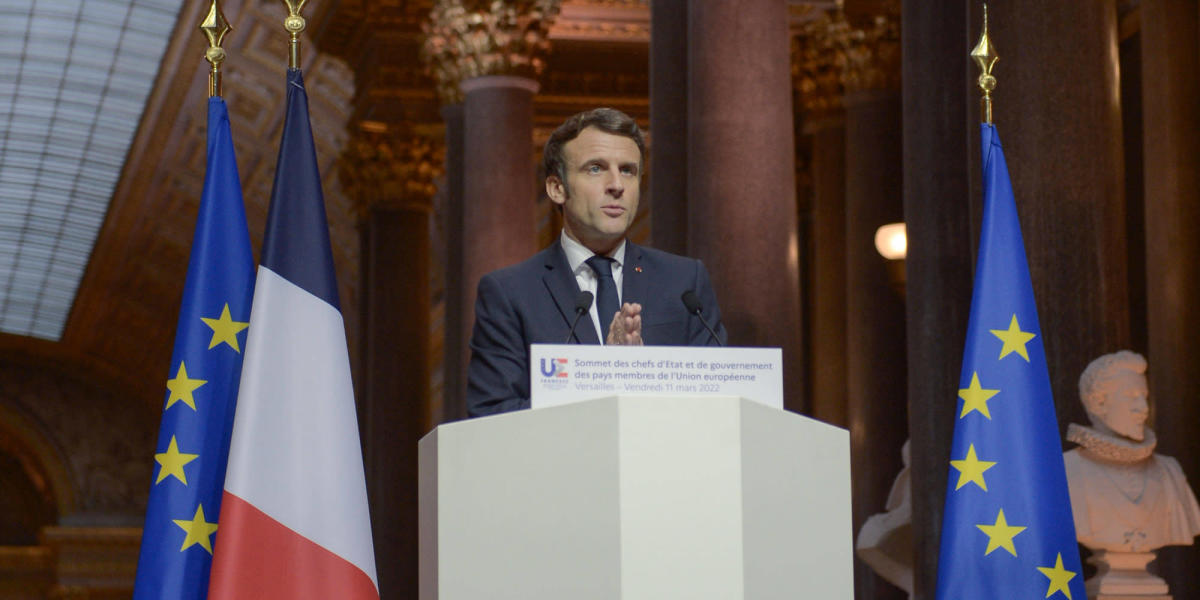Europe was a pioneer in energy and must assume its climate responsibility. The planet has already consumed around 85% of its carbon budget. According to the IPCC, the residual carbon budget represents less than 15 years of global CO2 emissions (based on 2019 emissions). The clock is ticking for significant and immediate climate action to limit global warming to a maximum of 1.5°C. The energy crisis linked to the war in Ukraine must lead to combining the issues of EU energy independence, decarbonisation of economies, purchasing power and energy costs for companies. The search for alternatives to Russian hydrocarbons must be accompanied by an overall reduction in the consumption of hydrocarbons in a context of geopolitical and climatic emergency. Energy security and climate security go hand in hand.
For decades, the European energy and electricity mix has been based mainly on fossil fuels. The superposition of carbon-free energy on existing energies and energy diversification will not be enough. A first step is to drastically reduce the use of coal, which emits twice as much CO2 as gas. To be credible, the EU’s energy transition must take into account the heterogeneity of national contexts.

